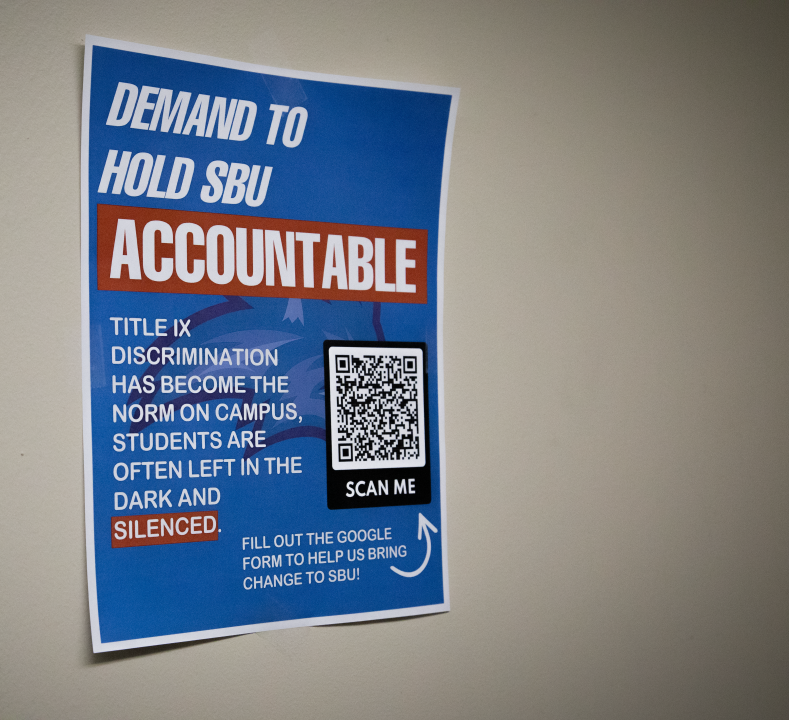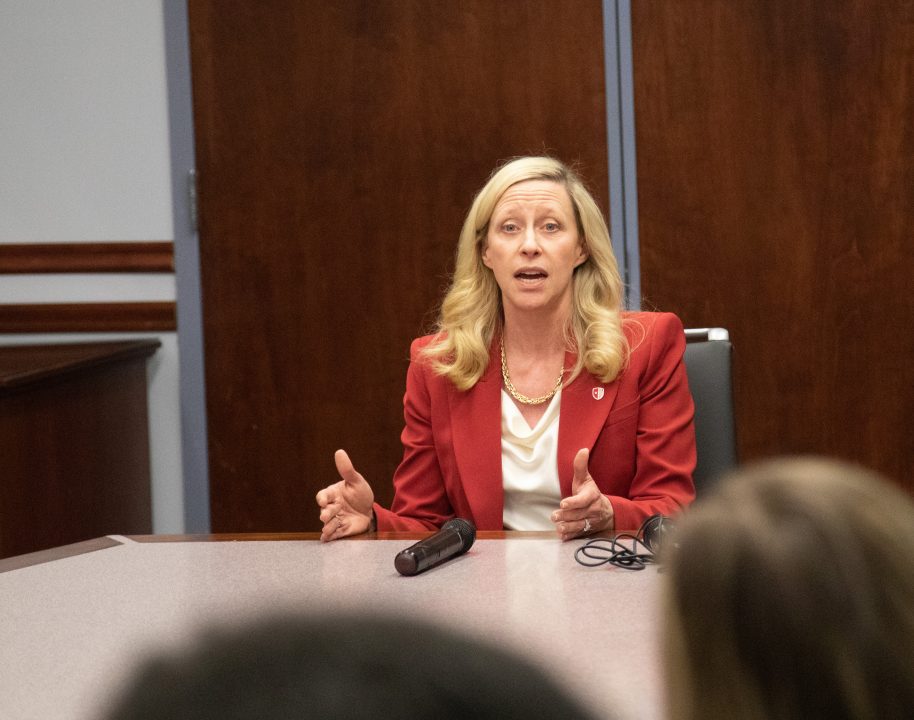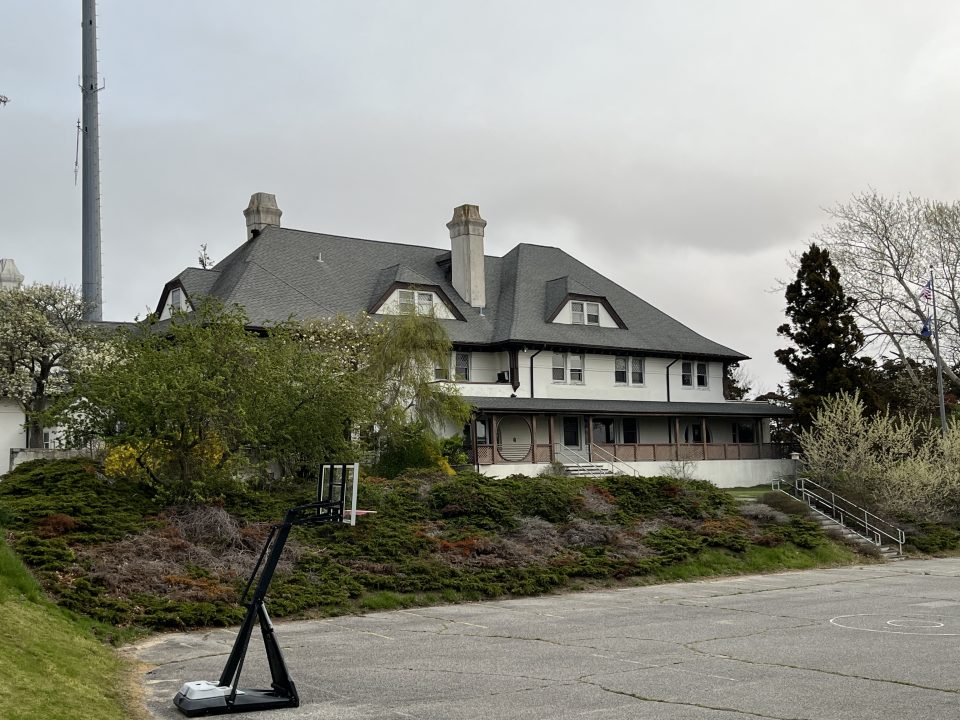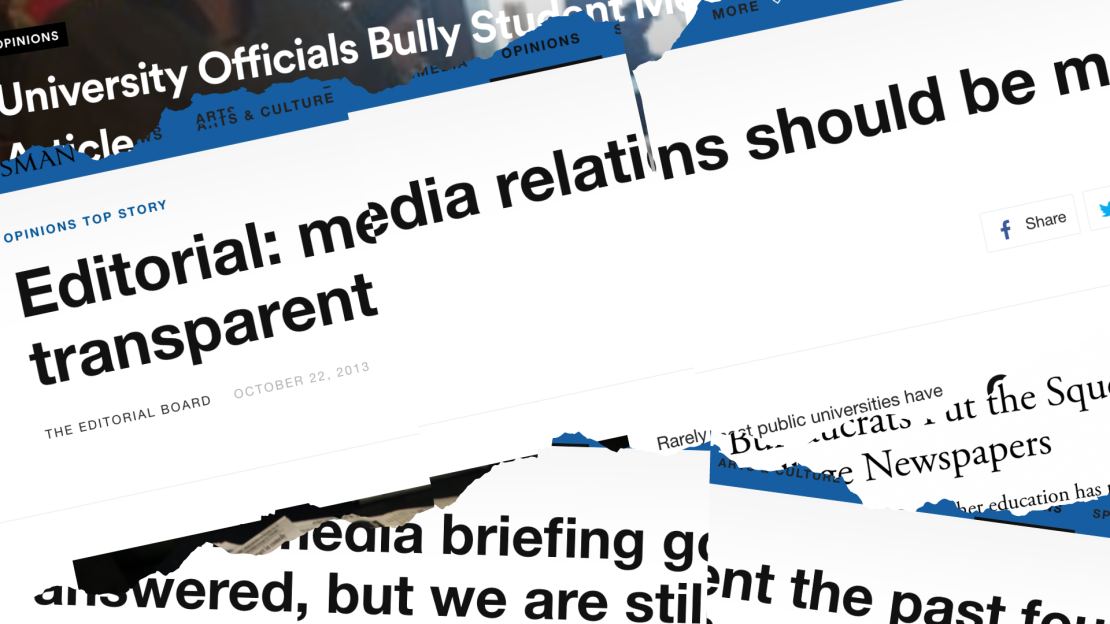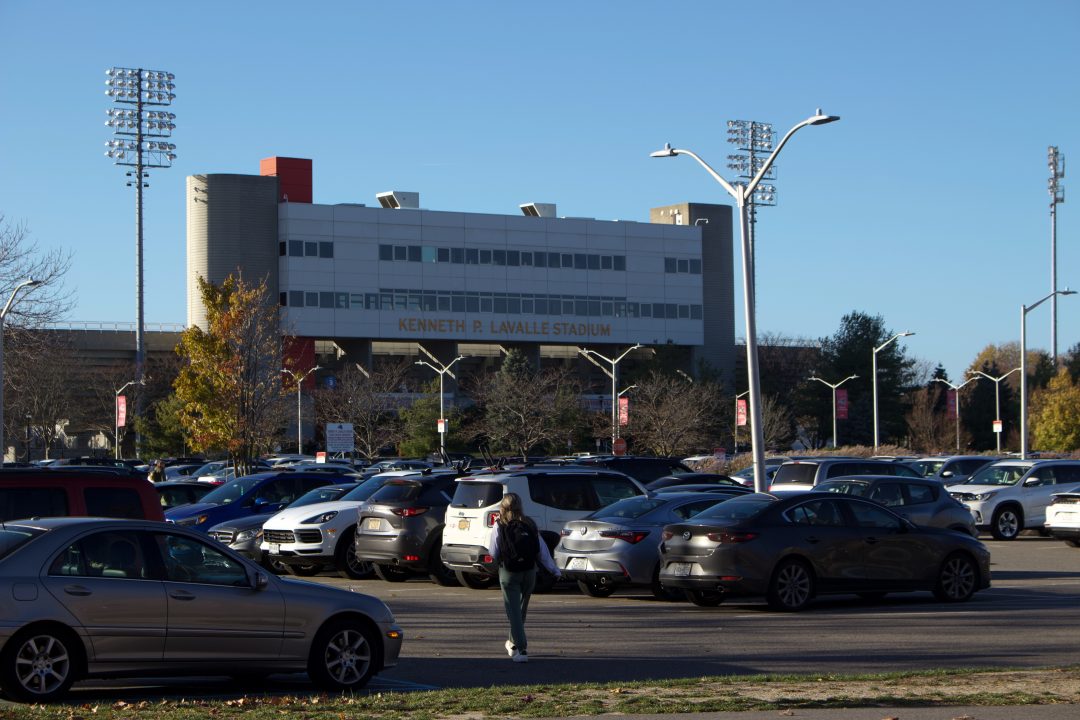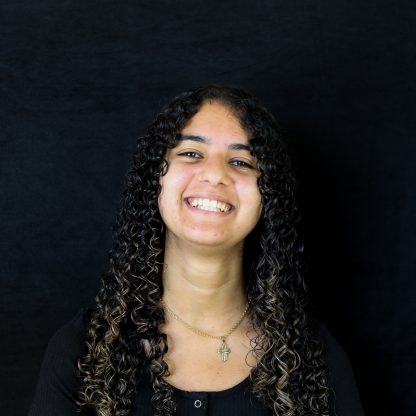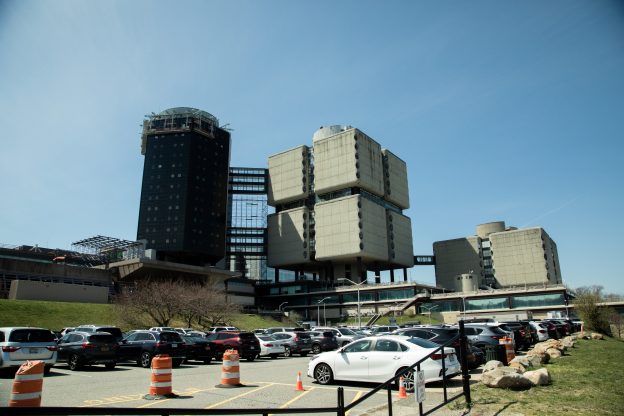
Stony Brook University professor Anna Hayward faced threats from elected officials and the Suffolk County Police Benevolent Association (PBA) regarding controversial social media comments she made about a police-involved shooting.
On Dec. 28, 2022, the social welfare professor commented on a post made by the Stony Brook Medicine Instagram account regarding two Suffolk County police officers. The officers were taken to Stony Brook University Hospital with stab wounds after a confrontation with a suspect, Enrique Lopez.
Lopez left one of the officers with life-threatening wounds before he was shot in self-defense, according to police. He lived in a home for people with disabilities or mental illness.
“This was a wellness check — why didn’t they de-escalate the situation?” Hayward posted. “Why did a man have to die? What about the man they murdered?”
Hayward’s comments made headlines in the New York Post and other publications, along with threatening emails and phone calls directed towards her.
“The same night I started receiving threatening emails on my Stony Brook account … one of them was actually a city official who changed to his personal account, but the first time he wrote to me was on his official account,” Hayward said. “In the threatening email, they said that they were going to share my information with the largest brotherhood in the country, which was law enforcement.”
The Suffolk County PBA, a police advocate group, made their own Instagram post about the situation on Jan. 2.
“Stony Brook University must denounce Hayward’s hateful comments and should put an end to the harmful anti-police bias in their program,” they wrote.
The Suffolk County PBA declined to comment on this article.
“I had all these texts from people at work that were like, ‘Are you okay?’ Because somebody had written an email and sent it to everybody in my school that said, ‘I hope somebody comes to your house and slits your throat,’” Hayward said.
Stony Brook University Professor Dr. Anna Hayward displayed a stunning level of ignorance when she callously commented on Stony Brook’s official page condemning the actions of these hero cops who stopped an armed criminal and saved others from harm.
— SUFFOLK COUNTY PBA (@SuffolkPBA) January 3, 2023
After the Suffolk County PBA’s post, Stony Brook released a statement which said that “the incendiary language used by this faculty member was inappropriate and does not correspond to the reported facts of the incident.”
Hayward said that once the statement was released, all the threats she was receiving stopped immediately.
“They made the statement and the threats stopped, but they have never said to me that those two things are connected,” Hayward said.
Charlie Robbins, a professor in the School of Social Welfare and founding director of the Center for Changing Systems of Power, shares similar views.
“She should have never been publicly reprimanded in the way she was and treated, in my opinion, without any consideration of what was happening to her nationally, as well as to her family,” Robbins said.
Deputy Director of Communications Kelly Drossel said in email to The Statesman that “University officials acted in a careful and thoughtful way that fully respected professor Hayward’s First Amendment rights while at the same time exercising our right to disagree with her characterization of the events.”
Drossel also wrote explaining that, “everybody in the administration was engaged and deeply concerned about professor Hayward’s safety, and we took steps from the very beginning to increase security for her on and off campus and the campus as a whole.”
However, some faculty members disagree.
“The simplest course of action is to not say anything. University officials could have worked to secure Dr. Hayward’s safety while ignoring the request to jump when the PBA said to jump,” Heinz said.
Hayward agrees. “Maybe they shouldn’t have said anything. That’s an option that they had, but they chose to make a statement,” she said. “I was just really sad and disappointed that my university didn’t have my back.”
Mitchel Cohen, a 1975 Stony Brook alumni, stated that this was not the first time that the University did not support their faculty members.
“Stony Brook University has a long history of collapsing under pressure of repressive forces,” Cohen wrote in an email to The Statesman.
In the 1980s, Ernest Dube, a professor hired by Stony Brook in 1977 to teach African studies who was imprisoned in South Africa alongside Nelson Mandela, had a similar experience to Hayward when he made a controversial comment in his lecture.
Dube discussed overt, covert and reactive racism in his lecture, during which he gave the topic “Zionism is as much racism as Nazism was racism,” to his students for their term paper. A student complained that “[Dube] advanced in ideology without encouraging debate and bullied those who disagreed,” according to an article the New York Times released in 1983.
When that student disagreed with Dube about a comment he made about Israel, the student claimed that Dube screamed at him; however Dube did not have any memory of the argument.
“Instead of defending Prof. Dube’s right to ask provocative questions of his students, the University threw him under the bus and refused to renew his contract, leaving it up to radical students to physically defend Professor Dube from outrageous racist attacks and outright death threats,” Cohen wrote.
Some of the panelists and community members believe that the Suffolk County PBA had no right to have posted about Hayward’s comments, and that the University once again failed to protect one of their own.
In response to the backlash, a group of eight faculty members held a teach-in about the policing of free speech at Stony Brook University on March 23.
Josh Dubnau, a professor in the Department of Anesthesiology, stated at the teach-in that “the idea that the police view themselves as above criticism by civilians, the fact that they would threaten a public university and the fact that the university would so easily capitulate: Those facts should be chilling to all of us.”
“When administrators choose to call out [the comments on social media] as incendiary and inappropriate — those were the words that were used — they undermine academic freedom,” said Jeffrey Heinz, a professor in the Department of Linguistics and Institute for Advanced Computational Science, during the teach-in.
At the event, it was mentioned that Hayward’s personal information — including her email, phone number and home address — was shared to the public through the comment section of the Suffolk County PBA’s post.
“I was shocked that our University leadership was making a statement to condemn her at the very same moment she was being threatened,” Crystal Flemming, a professor in the Department of Sociology, said. “Because what does it mean to live in a society where the police dictate what we’re allowed to send, and where they can call up your employer and say, ‘you know what, we want you to condemn this woman’s speech.’ And they do it.”
In response to what happened to Hayward, students, staff, faculty, alumni and colleagues from other State University of New York (SUNY) institutions wrote an open letter signed in her defense. The group of eight faculty members who were at the teach-in panel also listed five requests from the administration to be met by March 1 — they still have not been met.
“It was a terrifying time for me because I knew there were these people out there that were so angry at me and I didn’t know what they were capable of,” Hayward said. “I was living in a state of fear and terror and I was disappointed with the university. It felt that they kind of threw me to the wolves.”










